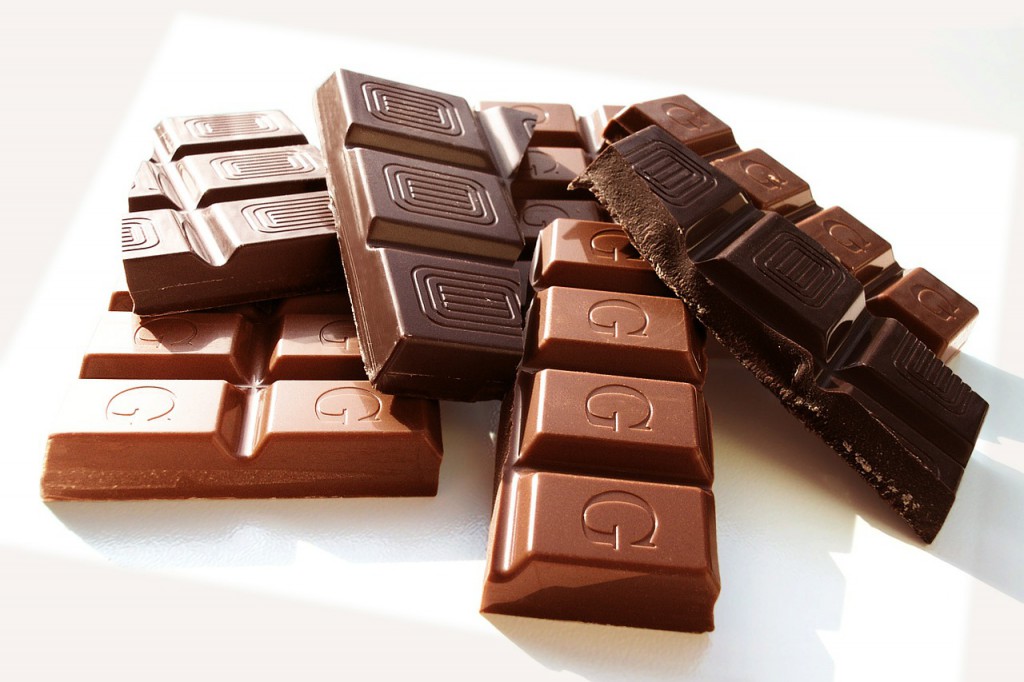 We have heard countless claims on the benefits of chocolate, but how true are those claims? Actually there are many common misconceptions about chocolate when it comes to the stories on its health benefits.
We have heard countless claims on the benefits of chocolate, but how true are those claims? Actually there are many common misconceptions about chocolate when it comes to the stories on its health benefits.
Chocolate is a source of a group of potent bioactives found naturally in cacao, cocoa flavanols. However, not all chocolate is created equal. In fact, the amount of cocoa flavanols in chocolate varies dramatically as traditional processing methods destroy the cocoa flavanols naturally present.
 Common myths About Chocolate
Common myths About Chocolate
According to Dr. Catherine Kwik-Uribe, Ph.D, Global Director of Applied Scientific Research and Scientific Regulatory Affairs at Mars Symbioscience, here are some of the common myths when it comes to people’s perceptions of chocolate:
-
MYTH: Chocolate contains powerful antioxidants.
FACT: Chocolate, particularly dark chocolate, contains cocoa flavanols, phytonutrients which science supports have a proven positive impact on health. However, contrary to popular belief, cocoa flavanols are not antioxidants. Based on work done in test tubes, early research suggested the flavanols may act as antioxidants in the body. Today we know that this is not true – that in fact, the benefits of cocoa flavanols to human health are due to their ability to directly influence the function and overall health of blood vessels.
-
MYTH: Chocolate is good for your heart.
FACT: Chocolate can be part of a healthy diet, but it is not a health food. Even if a chocolate is high in cocoa flavanols, the calories, fat, and sugar in chocolate make chocolate an occasional indulgence. A significant body of published scientific research has proven that cocoa flavanols support a healthy heart by promoting healthy blood flow+. Consumption of cocoa supports the body’s production of nitric oxide, a compound produced naturally within the body that triggers blood vessels to relax, enabling the smooth flow of blood. This ability of blood vessels to relax is scientifically recognized as a marker of the health of the cardiovascular system.
-
MYTH: Chocolate containing 70% cacao or greater is good for you.
FACT: While a percentage of cacao as high as seventy percent is likely to contain more cocoa flavanols than a traditional dark chocolate bar, the percentage of cacao is not a reliable indicator of a product’s cocoa flavanol content. Further, chocolate as an energy-dense food with fat and sugar should be enjoyed in moderation as an occasional treat. Unless the packaging indicates the cocoa flavanol content, there is no way to determine if you are receiving the benefits of this powerful plant-based bioactive.
-
MYTH: Chocolate is high in caffeine.
FACT: Chocolate does contain caffeine, but an average 1 oz. serving of dark chocolate contains less than half the amount of caffeine found in an average cup of black tea. The amount of caffeine in chocolate is in proportion to the percentage of cacao in the product, thus milk chocolate contains less caffeine than a semi-sweet or dark chocolate.
 Nevertheless, chocolate is still a wonderful, but occasional treat that can be part of a balanced, healthy diet. Eating a small amount of chocolate each day or a moderate amount per week will not harm your health.
Nevertheless, chocolate is still a wonderful, but occasional treat that can be part of a balanced, healthy diet. Eating a small amount of chocolate each day or a moderate amount per week will not harm your health.
– PR Newswire









